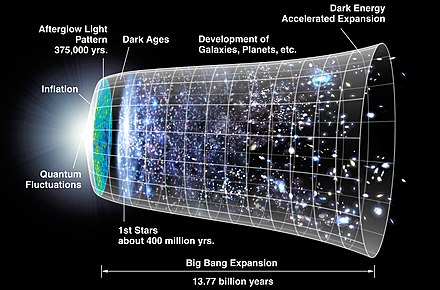To be a scientist do you have to believe in nothing ?
By J. Matt Barber | April 26, 2016 | 2:30 PM EDT
Atheists attribute all of existence to, well, nothing. It just kind of happened. Genesis 1:1 of the materialist bible might read: “In the beginning nothing created the heavens and the earth.” Even in the material world that’s just plain silly. Nothing plus nothing equals something? Zero times zero equals everything?
And so, they have “reasoned” themselves into a corner. These same materialists acknowledge that, prior to the moment of singularity – the Big Bang – there was no “natural.” They admit that there was an unnatural time and place before natural time and space – that something, sometime, somewhere preceded the material universe. That which preceded the natural was, necessarily, “beyond the natural” and, therefore, was, is and forever shall be “supernatural.
http://www.cnsnews.com/commentary/j...h-even-science-may-eventually-catch-gods-word
By J. Matt Barber | April 26, 2016 | 2:30 PM EDT
Atheists attribute all of existence to, well, nothing. It just kind of happened. Genesis 1:1 of the materialist bible might read: “In the beginning nothing created the heavens and the earth.” Even in the material world that’s just plain silly. Nothing plus nothing equals something? Zero times zero equals everything?
And so, they have “reasoned” themselves into a corner. These same materialists acknowledge that, prior to the moment of singularity – the Big Bang – there was no “natural.” They admit that there was an unnatural time and place before natural time and space – that something, sometime, somewhere preceded the material universe. That which preceded the natural was, necessarily, “beyond the natural” and, therefore, was, is and forever shall be “supernatural.
http://www.cnsnews.com/commentary/j...h-even-science-may-eventually-catch-gods-word



